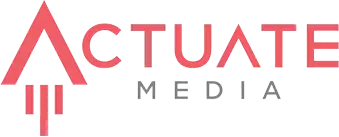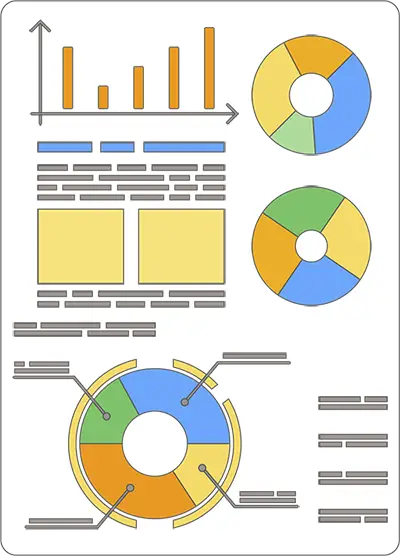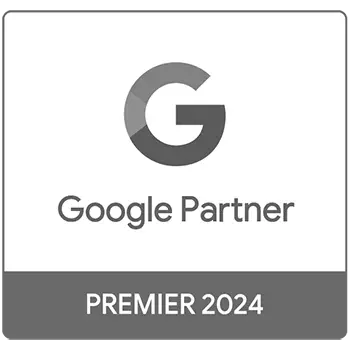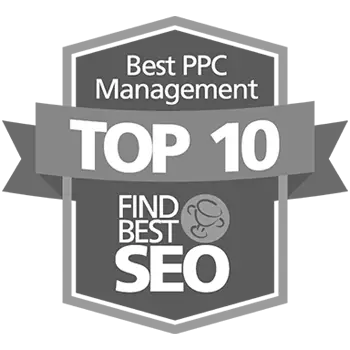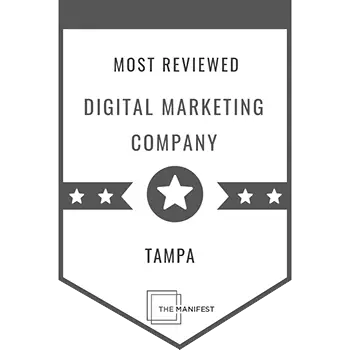E-E-A-T stands for Expertise, Authoritativeness, Trustworthiness, and Experience. It is a concept evolved from Google’s E-A-T (Expertise, Authoritativeness, Trustworthiness) guideline, which is used to assess the quality of web content. E-E-A-T adds “Experience” as a crucial component. Here’s a breakdown of each element:
Expertise: This refers to the knowledge and skill in a specific field. For content, it means the creator should have the necessary expertise on the topic. This is particularly important for topics in health, finance, and legal fields, where accurate and reliable information is critical.
Authoritativeness: Authoritativeness is about the credibility of the content creator and the website. It involves the reputation among other experts and sources in the field. High-quality content that is recognized and referenced by other authoritative figures or sites gains more authority.
Trustworthiness: This aspect is about the reliability and honesty of the content, the content creator, and the website. Trust is built through accurate, transparent, and truthful information. Security of the site (like using HTTPS) also plays a role in trustworthiness.
Experience: The addition of Experience focuses on the practical knowledge and personal experience of the content creator. It suggests that firsthand experience in the subject matter can enhance the content’s value, especially in areas where practical, lived experience offers deep insights.
E-E-A-T is essential for SEO because Google aims to provide users with the most relevant, reliable, and high-quality content. Websites and content creators that demonstrate high levels of E-E-A-T are likely to rank better in search engine results.
